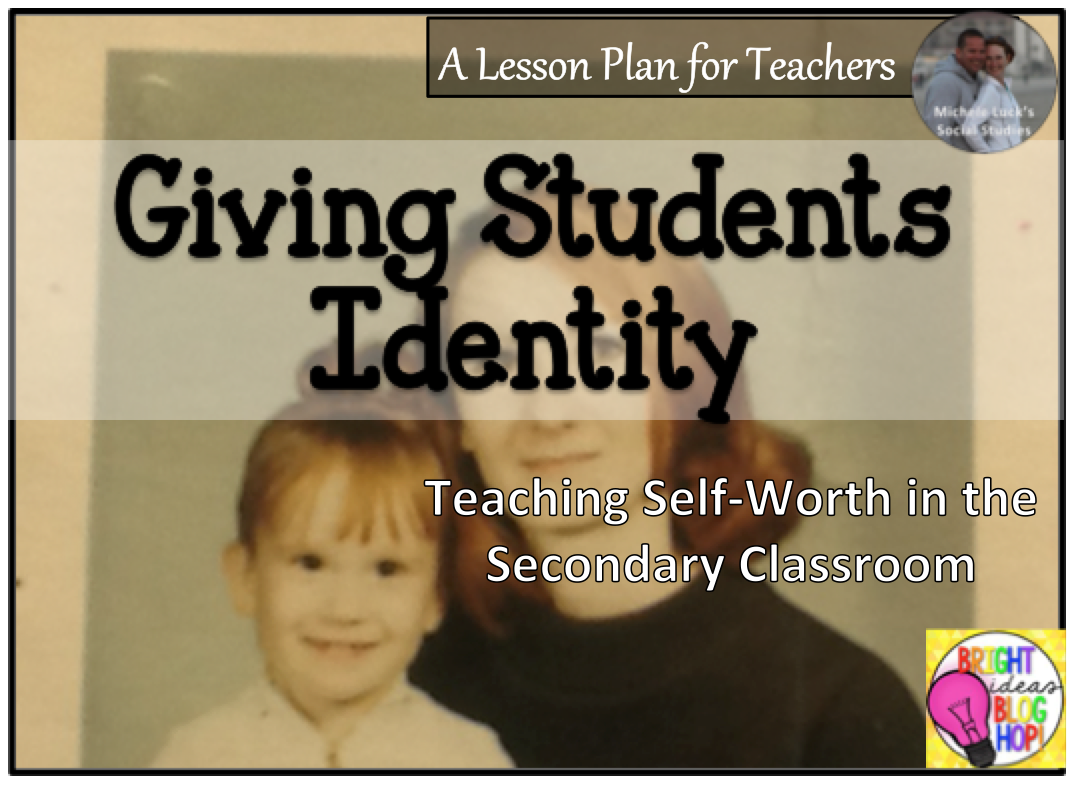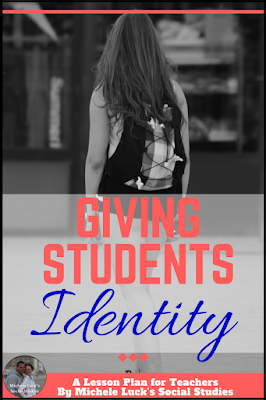Just recently, I met my biological father’s daughter – my half-sister. I am 46 years old, yet my lack of identity still haunts me to this day. I desperately want to know my heritage, how I came about, and what expectations were set for me once I was a realization in the minds of those who created me. I want to know who I am or who I was supposed to be, based on my own unique genetics. Unfortunately for me, this meeting only muddied waters. My sister called to tell me she spoke with “our” dad afterwards, and he would like (another) DNA test to prove that I am NOT his daughter, stating the one done in the 1970s was unreliable. I cried.
Even though I am a fully grown, middle-aged woman with multiple degrees, a successful career, and a life I would never give up, this specific request by the man I have never known, yet never questioned, sent me into a depth of anguish indescribable. I felt, once again, alone.

What does this have to do with teaching? I was rare. In 1974, I was the only kindergartner in my class from a “broken” home. Not only were my parents divorced, but neither held my custody. I was being raised by my grandparents, and I was reminded often of my uniqueness at every school event frequented by loving, doting parents of all my classmates.
Please understand, my grandparents were incredible. They loved me, spoiled me, and cared for me beyond explanation. They created family for me, and as a young child, I felt loved, important, and even worthy. However, as age came, and the reality of my difference set in, I began to question myself.
Why was I here?
Was I meant to be here?
What was my role in others’ lives?
Who was I?
At age 8, my mother regained custody of me, and many of my questions were partially answered. Unfortunately, they were not answered in a positive way. What I learned of my mother was not what I’d hoped for myself, and I would forever be haunted by her words and actions. Even my own adult relationships and the parenting of my own daughter has been a direct reaction to my experiences with my own mother – usually the complete opposite with intent. I did not abuse my daughter. I did not tell her things she was too young to hear. I did not shirk my responsibilities. I loved my child.
Our students today are NOT the minority anymore. Sadly, it is normal to be from a divorced home. It is even more frequent to experience abuse and neglect. With that realization, even more of our students are growing up with a true identity crisis. They do not know who they are, and as a result, they do not know who they should be.
Fortunately for me, my Grandmother and many teachers helped me to find my strengths and improve my weaknesses. They parented me when my parents were missing. And many secondary teachers, without ever stating the obvious recognition of abuse in my home, helped to nurture me in ways that fueled goals and dreams for my life that I may not have formed otherwise.
Talk to your students. Not about what you see or hear. Not about the bruise or the streaming tears.
Talk about the possibilities. The opportunities. The world that is out there that they CAN be a part of if THEY take the initiative to go that direction. Encourage them to depend on their own will, and to demand others be worthy of their trust and admiration. Set high expectations for them, and demand that they meet them.
Do NOT pity them. Do not appear sad or disheartened by their situation. Instead, create for them the identity (in your eyes) that is so much better than the one they have been born into. Have hope that they will be successful. And through your hope, allow them to become…

Happy Teaching!